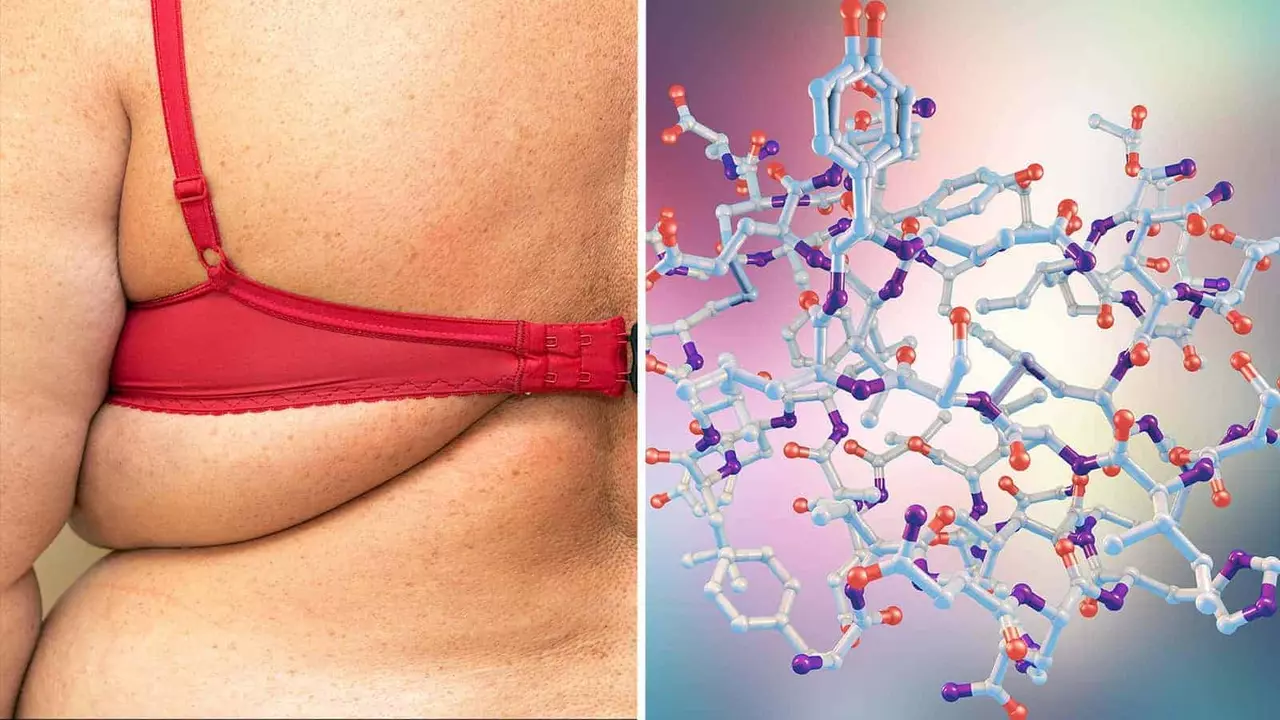Hormonal Imbalance – What It Is and How to Fix It
If you’ve felt constantly tired, gained weight for no reason, or noticed mood swings that come out of nowhere, your hormones might be the culprit. Hormones act like messengers that tell different parts of your body what to do. When those messages get mixed up, you experience a hormonal imbalance. The good news? Small changes in diet, sleep, and stress management can often bring things back into line.
Common Signs That Your Hormones Are Out of Sync
Most people notice the same handful of symptoms when their endocrine system is off‑balance. Weight gain around the belly, unexplained fatigue, and sudden cravings for salty or sugary foods are top clues. You might also see irregular periods, trouble sleeping, or a drop in libido. Mood changes—like feeling irritable one minute and down the next—often point to cortisol or estrogen swings. If you’re dealing with persistent acne after your teenage years, that’s another red flag.
These signs don’t always mean a serious disease, but they do signal that something needs attention. Tracking when symptoms appear can help you spot patterns. For example, notice if stress at work triggers cravings or if lack of sleep makes mood swings worse. That information is gold for fixing the problem.
Practical Tips to Bring Hormones Back in Balance
Start with food. A diet rich in whole foods—vegetables, lean protein, healthy fats, and fiber—supports steady insulin and estrogen levels. Avoid processed sugars and refined carbs because they cause spikes that confuse your hormonal signals.
Sleep is another non‑negotiable. Aim for 7–9 hours of uninterrupted rest. A dark room, no screens an hour before bed, and a consistent wake‑up time keep the melatonin clock ticking correctly, which in turn steadies cortisol.
Stress management can be as simple as a five‑minute breathing exercise or a short walk outside. Chronic stress floods your body with cortisol, pulling other hormones out of harmony. When you reduce stress, you give your endocrine system room to breathe.
Exercise matters, too. Moderate activity like brisk walking, cycling, or yoga improves insulin sensitivity and helps regulate sex hormones. Over‑training can backfire, so keep sessions under an hour and listen to your body’s signals.
If lifestyle tweaks don’t move the needle after a few weeks, consider talking to a healthcare professional. Blood tests can pinpoint which hormone is out of range, and a doctor may suggest supplements or short‑term therapy. Vitamin D, magnesium, and omega‑3 fatty acids are common supports that many people find helpful.
Remember, hormonal balance isn’t a one‑size‑fits‑all fix. It’s about consistent habits that keep your body’s messaging system clear. By watching symptoms, eating clean, sleeping well, managing stress, and moving regularly, you give yourself the best chance to feel steady again.

Polycystic Ovary Syndrome: Understanding Hormonal Imbalance and Fertility Treatment
Polycystic Ovary Syndrome (PCOS) causes hormonal imbalance leading to infertility, but effective treatments like letrozole, lifestyle changes, and metformin can restore ovulation and improve long-term health outcomes.
read more
The Connection Between Hives and Hormones: What Women Should Know
In my recent exploration into health issues, I stumbled across a fascinating link between hives and hormones, specifically in women. It turns out, hormonal fluctuations in women, especially during periods, pregnancy, or menopause, can trigger hives. It's down to an allergic reaction to the body's own estrogen. This isn't a widely-known fact, so it's important for us ladies to educate ourselves and seek medical help if we experience unexpected, persistent hives. Better understanding our bodies can lead to more effective healthcare decisions and overall wellbeing.
read more




